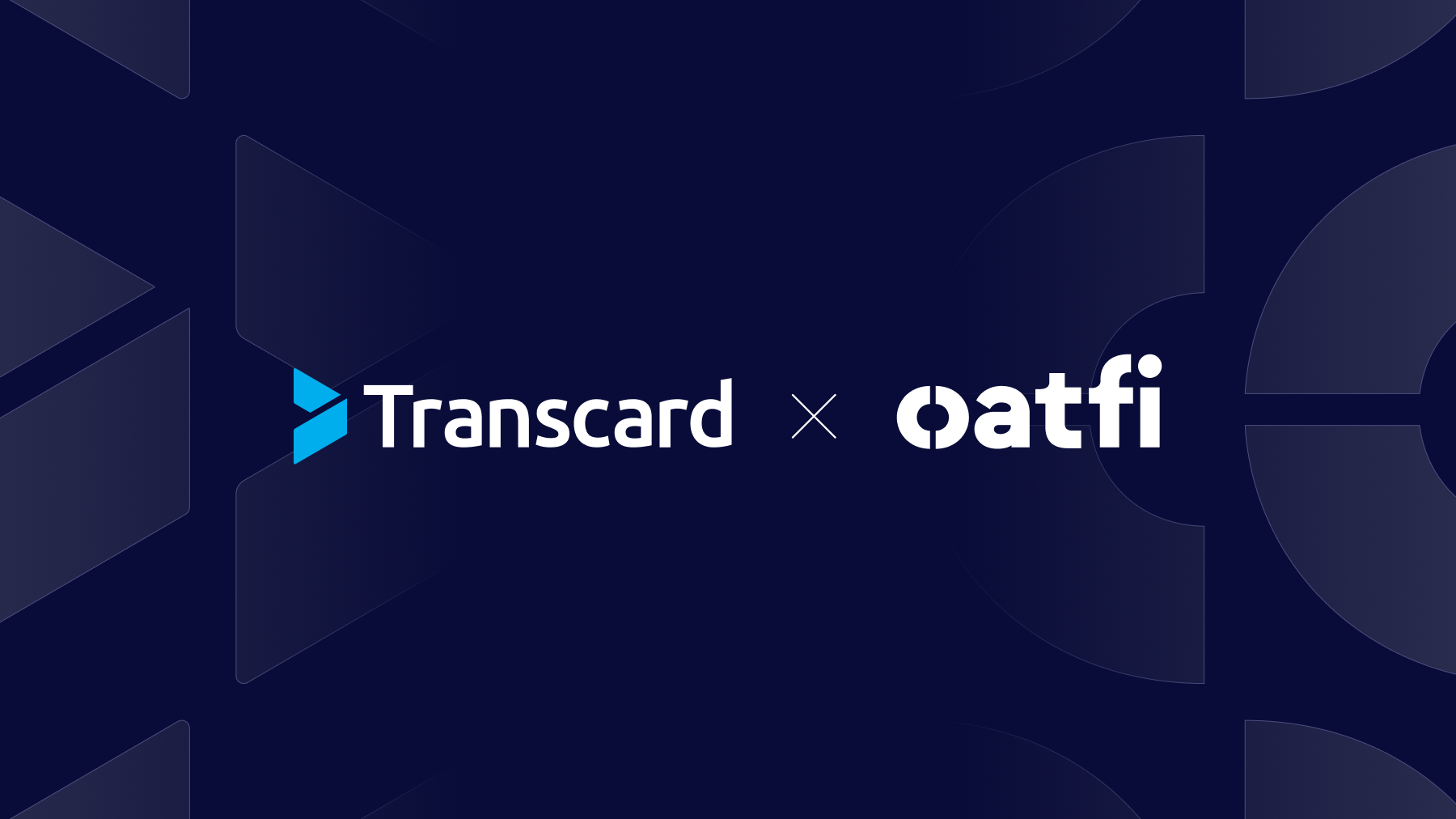If your cash flow is tight these days, you are not alone.
Many businesses are grappling with cash flow disruption.
Cash flow insolvency is a real threat for businesses, particularly small and mid-sized ones that don’t have large lines of credit to draw down.
Get our second report on Next-Gen AP & AR Digitization, that focuses on how suppliers can accelerate their cash flow.
-
59% of businesses say their average days late has grown.
-
48% of businesses report a higher aging balance.
-
28% of businesses are dealing with more customer disputes.
-
17% of businesses are experiencing more bad debt.
Shockingly, 24% of businesses report that their Day’s Sales Outstanding (DSO), a measure of the average time it takes a business to collect its receivables, has ballooned by more than 10 days.
79% of businesses say their DSO has increased since the start of the pandemic.
These findings from an Institute of Finance and Management (IOFM) online survey conducted last month illustrates the profound impact that the economic recession has had on corporate cash flows.
How to Improve Cash Flow with Payments Automation
While it’s tempting to lay all the blame for cash flow issues at the feet of customers unwilling or unable to make timely payments, inefficient and ineffective accounts payable and accounts receivable processes must also share responsibility.
In today’s Digital Era, the way that most businesses pay and get paid is unnecessarily complex, time-consuming, error-prone, and include the following:
-
An abundance of manual invoice approval, payment posting and cash application processes.
-
Siloed systems for different payment modalities.
-
Poor integration of payables and receivables systems with the ERP.
-
Onerous invoice and payments reconciliation.
-
Inadequate visibility into payables and receivables processes.
-
Difficulty predicting when check payments will arrive.
Operational disruptions caused by the pandemic are making things worse.
Adapting paper-centric payables and receivables processes to a remote working environment is hard, if not impossible.
From manual data entry to reconciliation, friction can bring the business-to-business (B2B) payment cycle to a halt, exacerbating any delays in customer payments caused by inadequate cash flow.
While some late payments from customers are inevitable, payments friction doesn’t have to be.
By digitally connecting buyers and suppliers through their banks and their ERPs, account-to-account (A2A) solutions eliminate payment inefficiencies that slow cash flow down.
Invoices are presented electronically and approved with just a few clicks from any PC or mobile device. Payments are made electronically – and in some cases, in real-time – in the supplier’s preferred method and to their payment terms.
Suppliers always know where things stand with their payments and irrevocable payments give them peace of mind.
Data Remittance for Accelerated Cash Flow
Rich remittance data travels with payments in an A2A solution, and is automatically uploaded to the supplier’s ERP system, eliminating the need to manually match remittances with payments, enter remittance data, or manually apply receivables to open invoices.
Reconciliation is done in real-time, providing decision-makers with timely cash flow insights.
Eliminating friction in the B2B payments lifecycle enables businesses to:
-
Streamline the accounts payable and accounts receivable business process flow.
-
Reduce day’s receivable outstanding through optimum accounts receivable management.
-
Take faster action on collections to potentially avoid uncollectible accounts.
-
Achieve real-time visibility for better management of cash and receivables.
-
Clean up the accounts receivable ledger with automated receivables reconciliation
Ready to Accelerate Your Cash Flow?
Learn more strategies for eliminating friction in the B2B commerce lifecycle by downloading the free PYMNTS report on next-generation AP and AR digitization, sponsored by Transcard.

.png)


